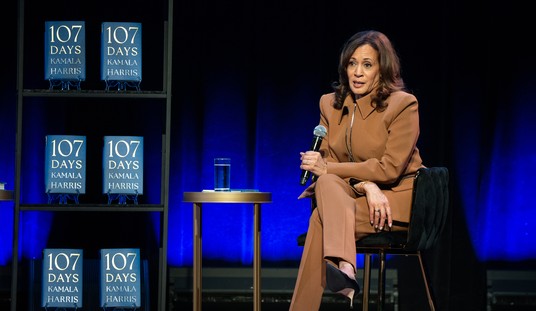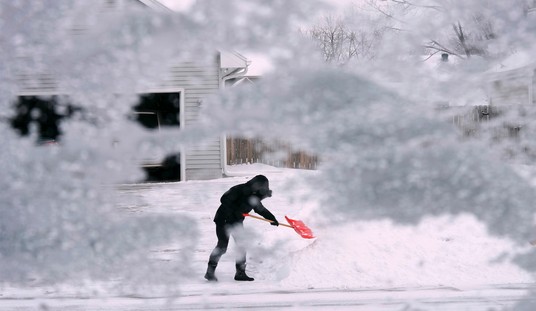
Despite all of the predictions of doom and gloom, Adobe Analytics reported that online consumer spending topped $4.1 billion on Thanksgiving Day, surpassing 2018 same-day sales by 14.5%. According to FOX Business News:
Consumers spent a staggering $4.2 billion online on Thanksgiving, according to new figures published by Adobe Analytics on Friday. This marks the first time that Thanksgiving shopping has surpassed $4 billion.
In total, e-commerce behemoths saw a 244 percent boost in sales on Thanksgiving, while smaller retailers experienced a 61 percent jump.
Phones played a huge role in the spike in Turkey Day shopping: Overall, nearly half of the revenue — 44.9 percent — stemmed from people’s smartphones, a 24.4 increase over last year.
Black Friday sales are on track to hit $7.4 billion; as of 9 a.m. ET on Friday, shoppers already spent $600 million online, representing a 19.2 percent increase from last year.
Because Thanksgiving fell so late this year, the holiday shopping season will be shorter than usual. Still, retail analysts are predicting online holiday sales will reach $143.7 billion, a 14.1% rise over 2018 results.
FOX Business News spoke to Jim Boscov, the CEO of the eponymous department store chain. He described sales increases across his company’s 49 stores as “very healthy.”
Boscov told FOX that his company has “worked hard to shield shoppers from rising costs…stemming from the U.S.-China trade war.” He said, “So much of the year’s business is done in these few weeks, that it’s important to limit price increases in the period as much as possible.”
He said he avoided “some of the levies by placing orders before they took effect” and that “suppliers sometimes absorbed the impact if their profit margin was sufficient. Boscov added that “We push back as hard as we can. There are a few instances where we’ve seen prices go up a little bit, but we’re resisting it. We know that every customer is conscious of price, and the last thing we want to do is pass something extra on to the customer.”
It sure doesn’t look as if consumers are preparing for a recession.













Join the conversation as a VIP Member